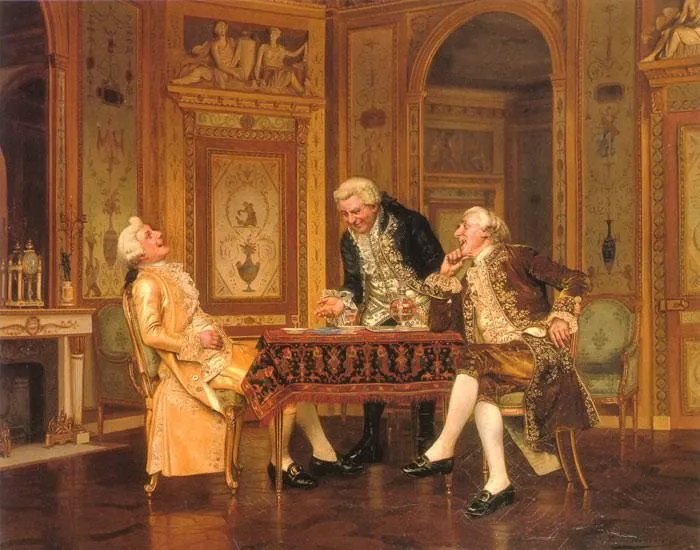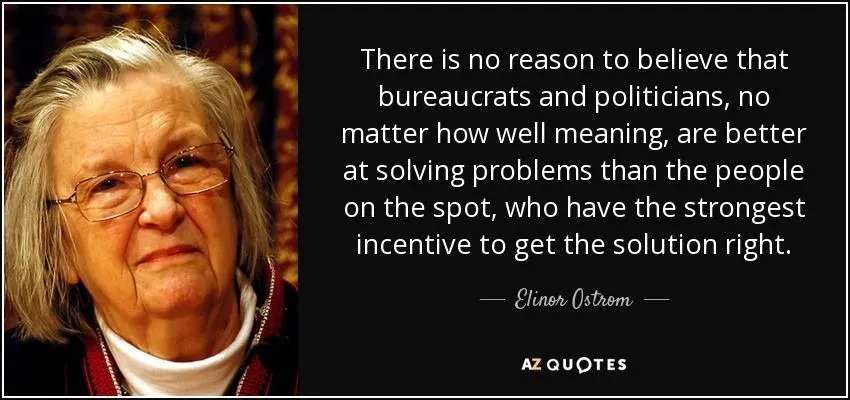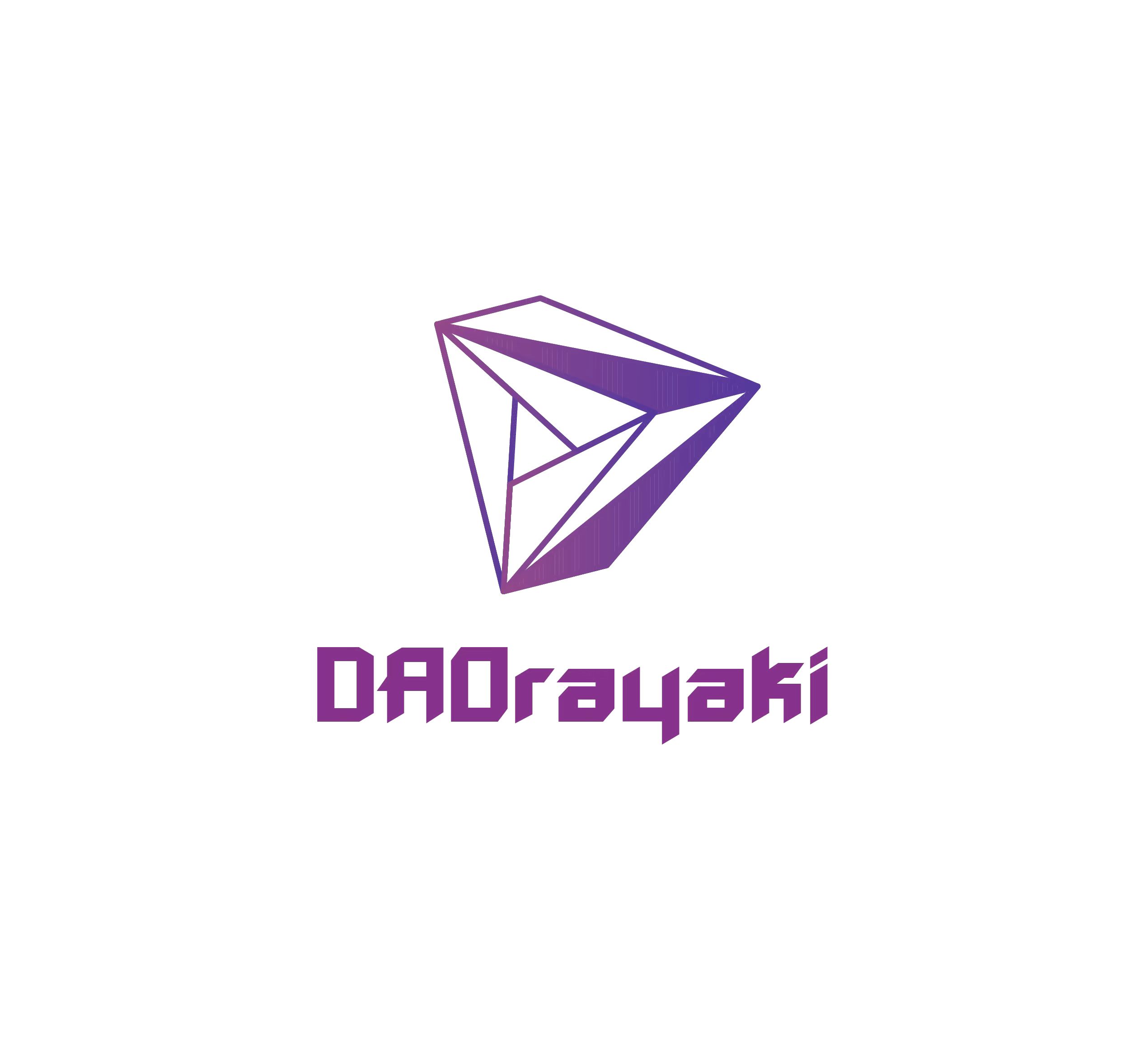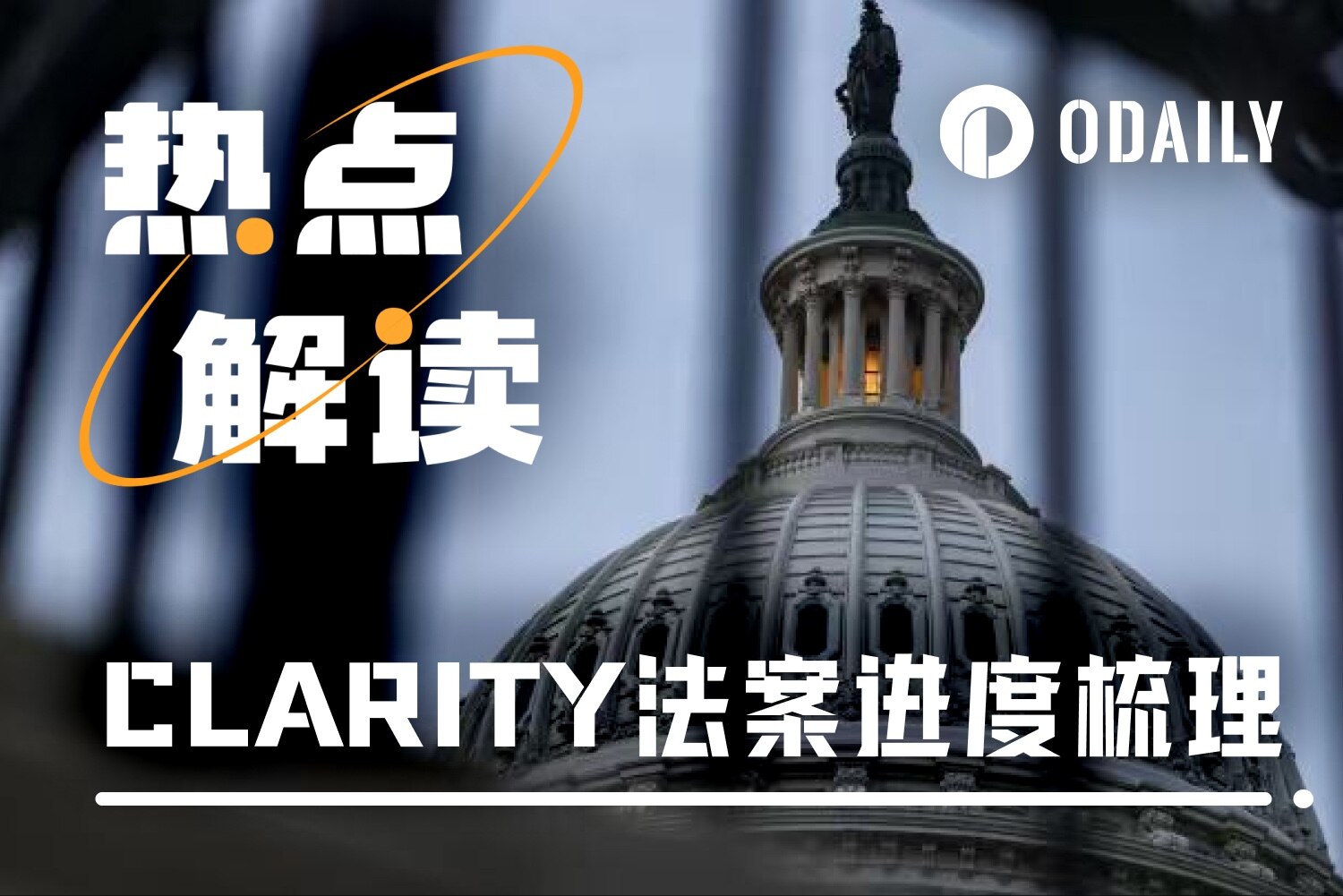Collaborative Economics: A Nonviolent Revolution Against Technocracy
secondary title
Collaborative Economics: A Nonviolent Revolution Against Technocracy
This is the first in a series of articles introducing our cooperative economic designs, describing how the token engineering community, allied with the Commons Stack, can use these designs to launch their commons economies. We hope that other DAOs and organizations will find value in what we have learned, and will further experiment with the fundamental principles of collaborative economics.
To introduce the concept of "cooperative economics," we first need to challenge a common idea: that ordinary people cannot understand monetary policy. It's considered complex and subtle, and it's impossible for our brains to understand it without multiple degrees and/or intensive study of economics. But what if we, the citizens, were more directly involved? How much more will we learn and form our own opinions? People fail to understand that the common notion of monetary or fiscal policy puts economic control in the hands of a few. It's not hard to imagine 18th-century aristocrats scoffing at the idea of government by the people. More and more changes, right?

image description
François Brunelli's "Interesting Refutation"
Monetary policy is designed and determined by small, unelected groups with little or no public opinion or debate. We (the people) have no real say, and the decision makers of monetary policy have no real responsibility. David A. Levy asserts in his paper entitled "Do Independent Central Banks Violate Democracy" that democracy requires that "monetary policy makers cannot be remote from the will of the people," making a point we should all be aware of. If we don't have democratic control over our monetary policy, we're subject to the golden rule: whoever owns the gold makes the rules.

image description
Comic: My Wizard by Brant Parker
To talk about monetary policy, we must start with a shared understanding of money. Money is one of the oldest and most powerful memes, the cultural counterpart of genes, passed down from generation to generation. Without money at its core, our culture would be completely unrecognizable - even something as basic as writing arose in 3500 BC out of a need for a better accounting system. In more modern times, three main functions of money are best understood: store of value, unit of account, and medium of exchange. Andreas Antonopolous proposed a fourth function: the control system. He reasoned that the Banking Secrecy Act of 1970, which allowed all financial transactions to be monitored worldwide, made money a political tool, effectively turning the financial services sector into a law enforcement one. departments, without borders, due process or democratic control.

This fourth function of money is yet another reason we need to apply democratic principles to monetary policy — and now, through the token economy, this is possible. On the first page of her seminal book, Governing the Commons, Elinor Ostrom writes: "... groups of individuals have, for a long time, relied on both An institution neither like a state nor like a market manages certain resource systems with a reasonable degree of success.” reveals the false dichotomy that managing shared resources requires either government control or privatization. Her groundbreaking analysis of the economic governance of the public sphere won her the Nobel Prize in Economics, and shed light on a larger point: public spheres are not just organizations, they are economies.
With Ostrom's work as our North Star, we've spent years thinking about and developing protocols to kick-start economies through cooperative economy design. This approach ensures that decisions are in the hands of the community, fighting against the seemingly inevitable technocracy in the crypto economy.



